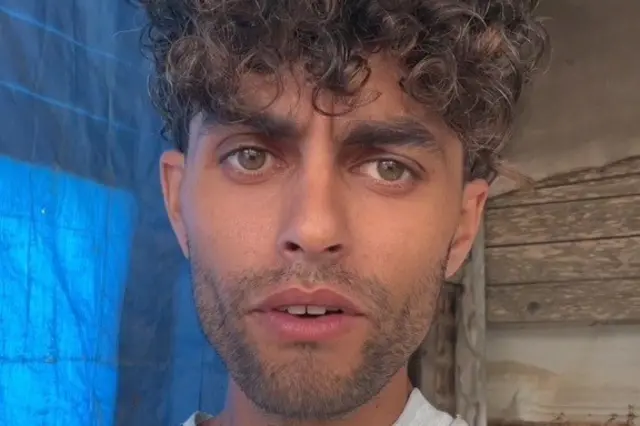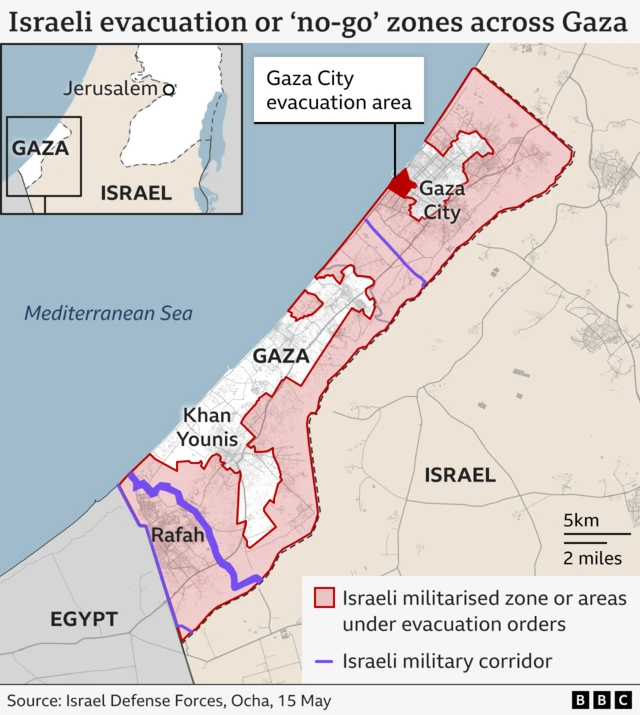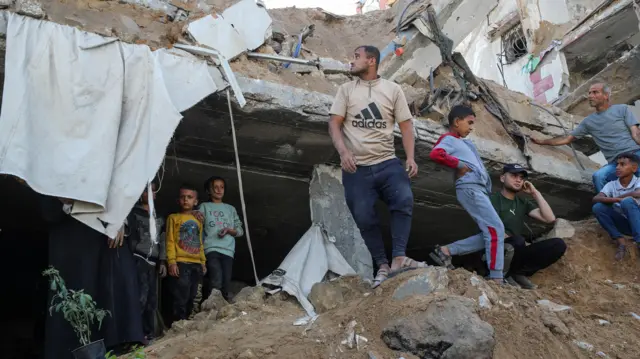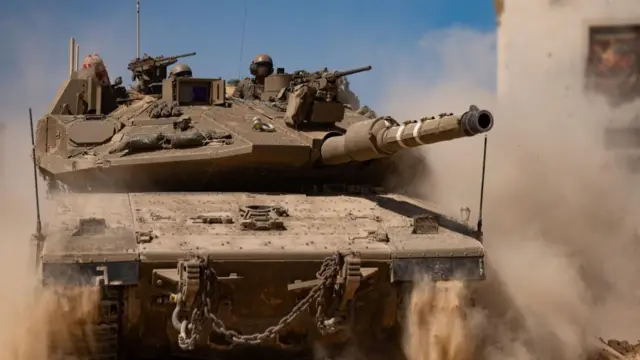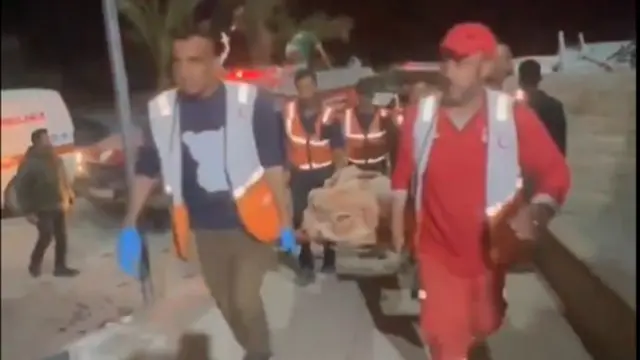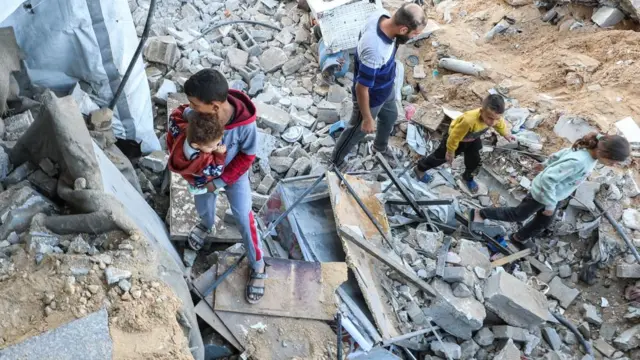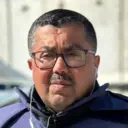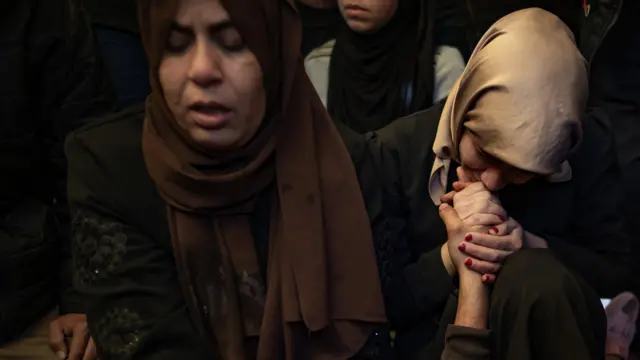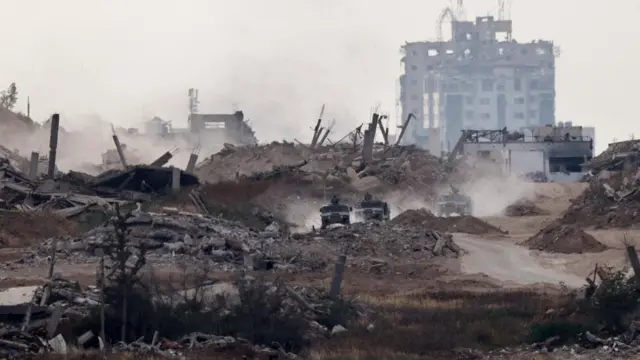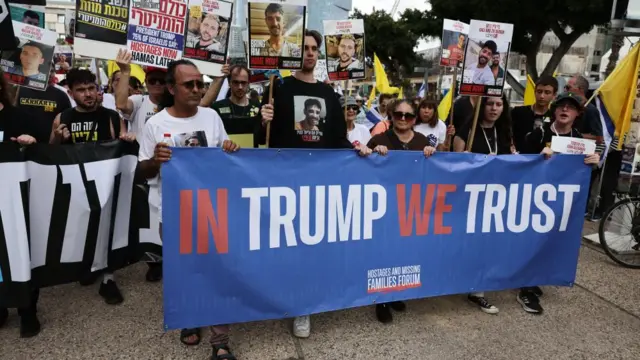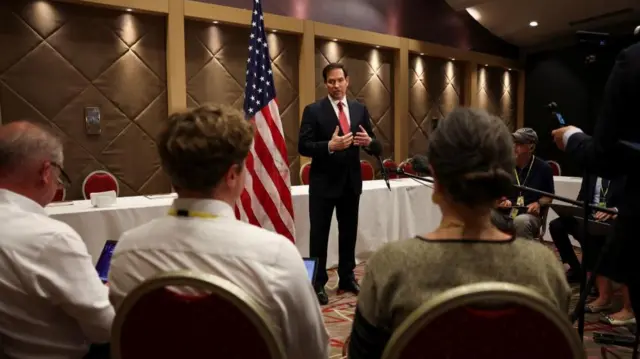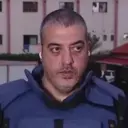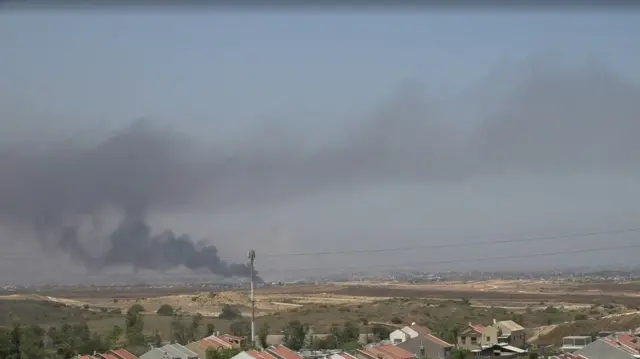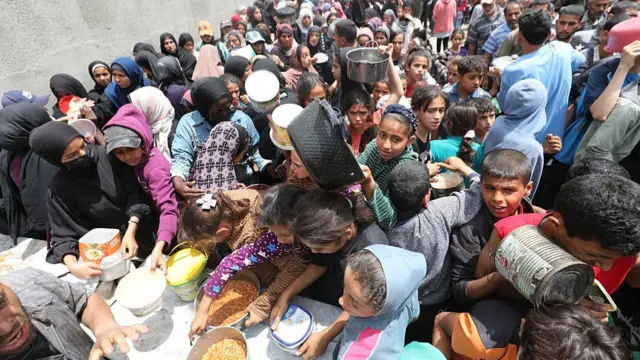New milk formula for acutely malnourished baby Siwarpublished at 13:09 British Summer Time 16 May
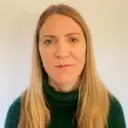 Alice Cuddy
Alice Cuddy
Reporting from Jerusalem
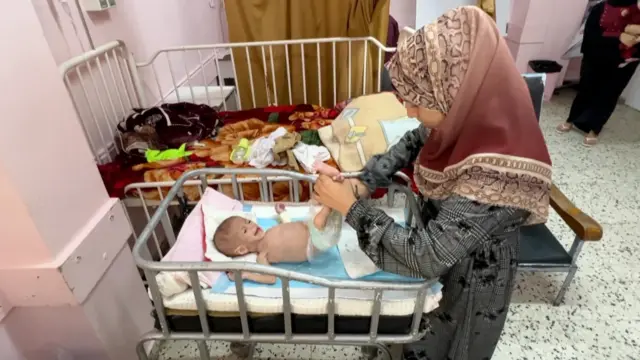
We’ve been continuing to stay in touch with the mother of baby Siwar Ashour, who has been the focus of reporting by my colleague Fergal Keane in recent days.
At five months old, Siwar is acutely malnourished. She cannot absorb regular formula milk and doctors say the Israeli blockade means that supplies of the food she needs are scarce.
Speaking over the phone from Nasser Hospital in southern Gaza, her mother Najwa tells us that Siwar is still suffering from severe diarrhoea because of the milk formula she is currently being given.
Doctors have been unable to check her weight today because the scale has broken, and there is no spare available, Najwa says.
They have managed to source a different formula from elsewhere in Gaza, which they will now try.
